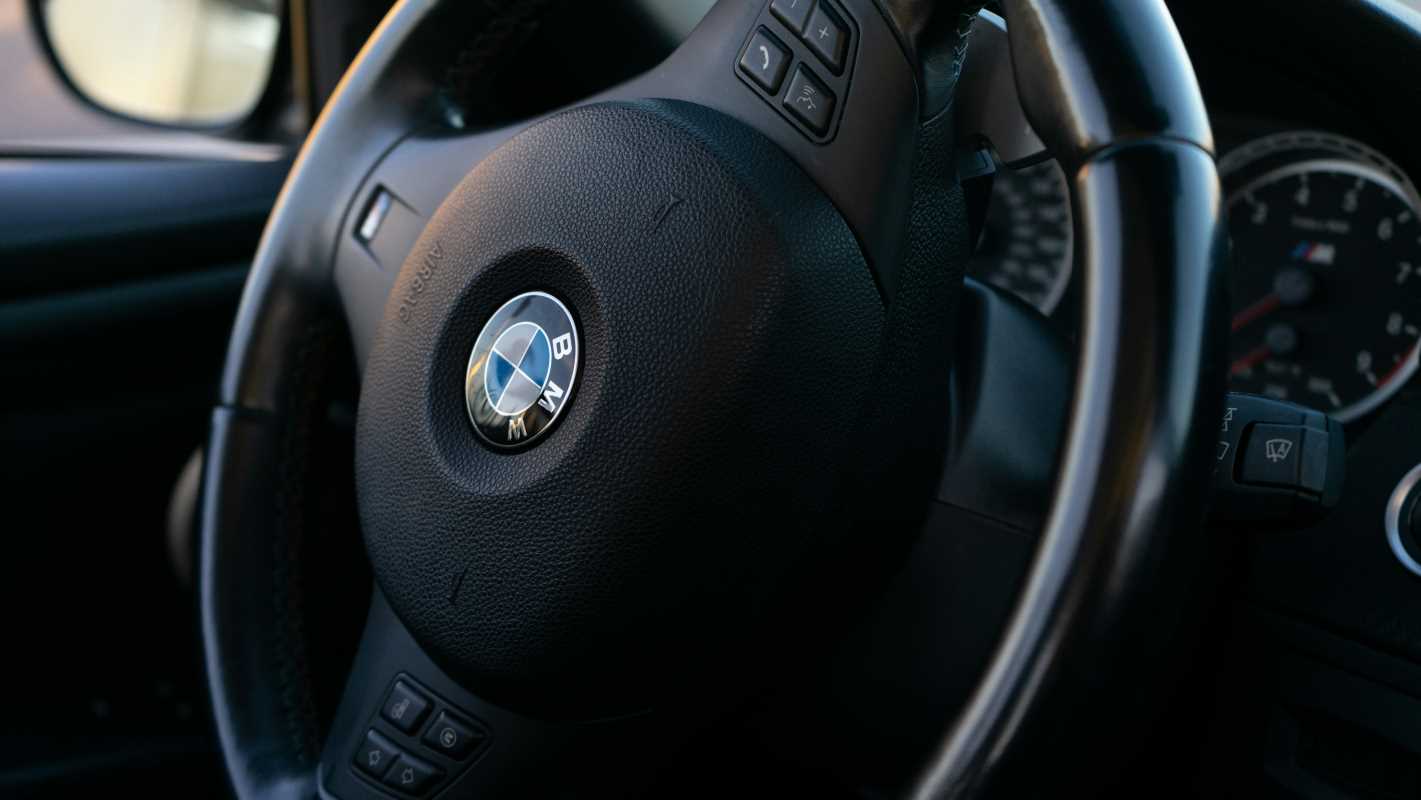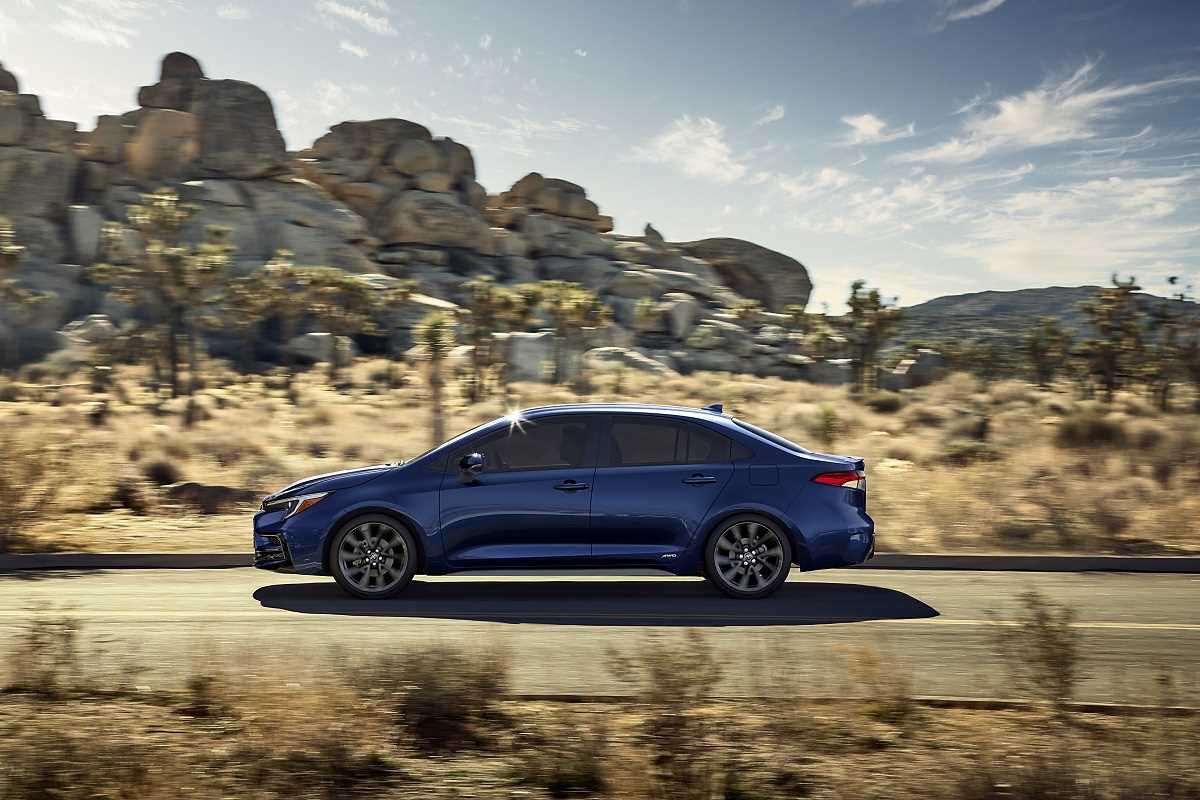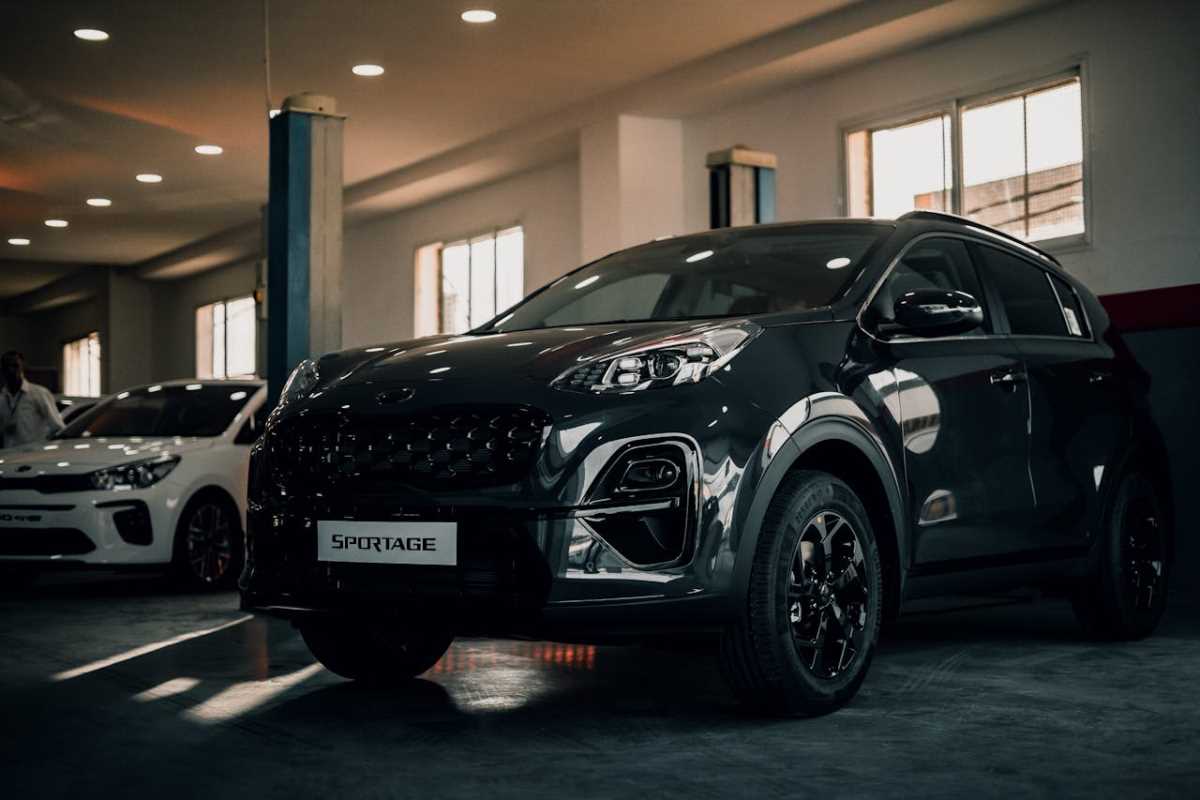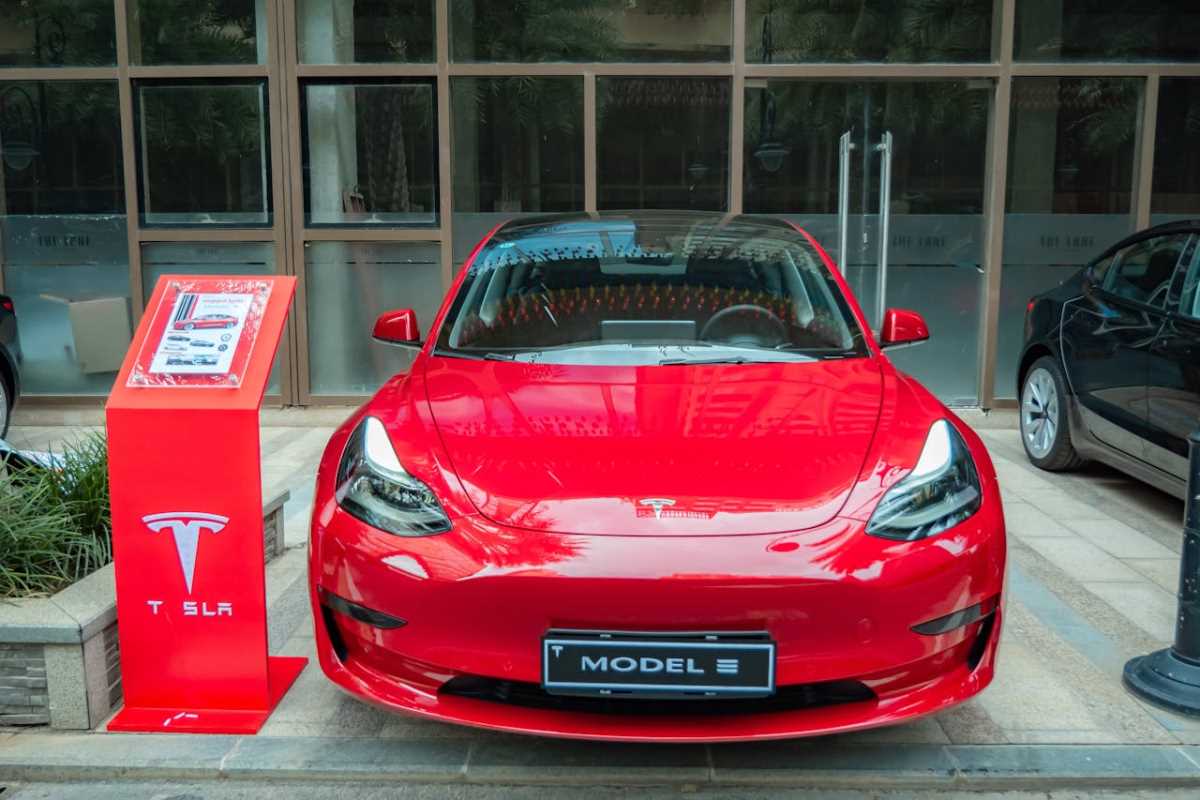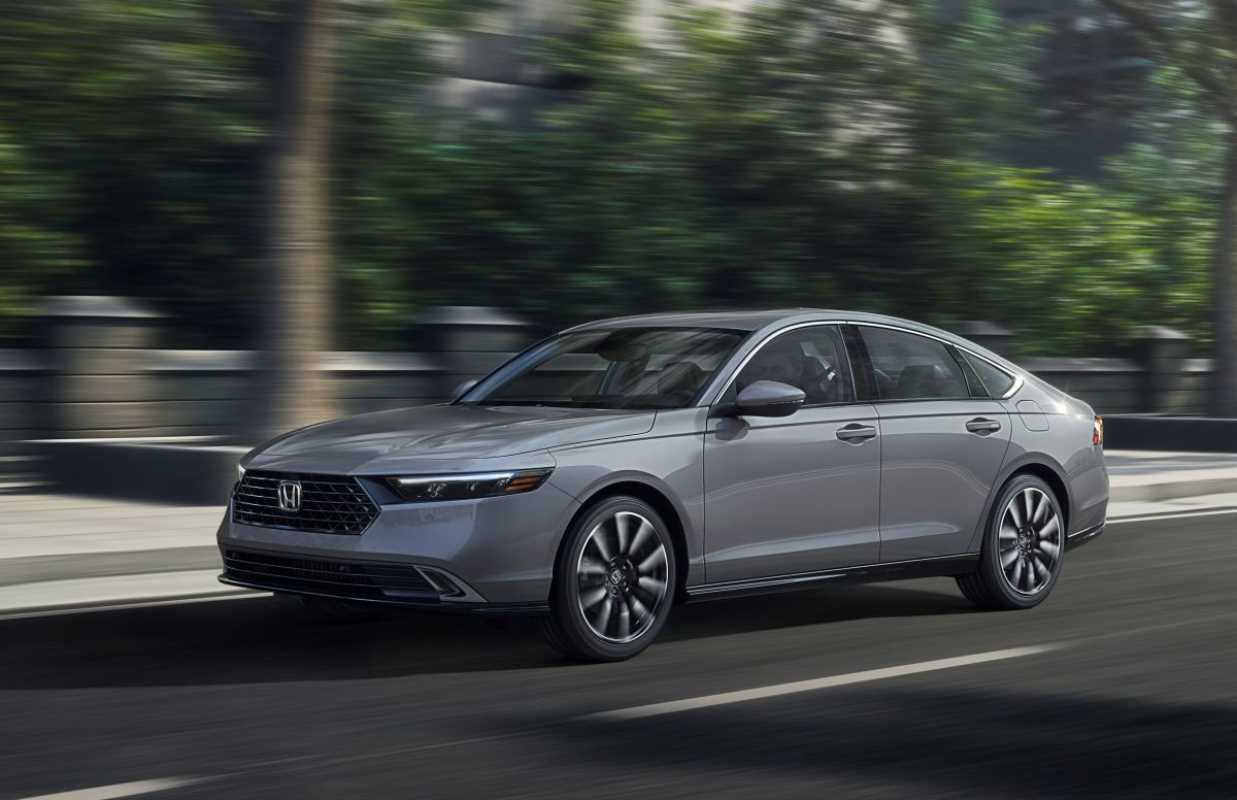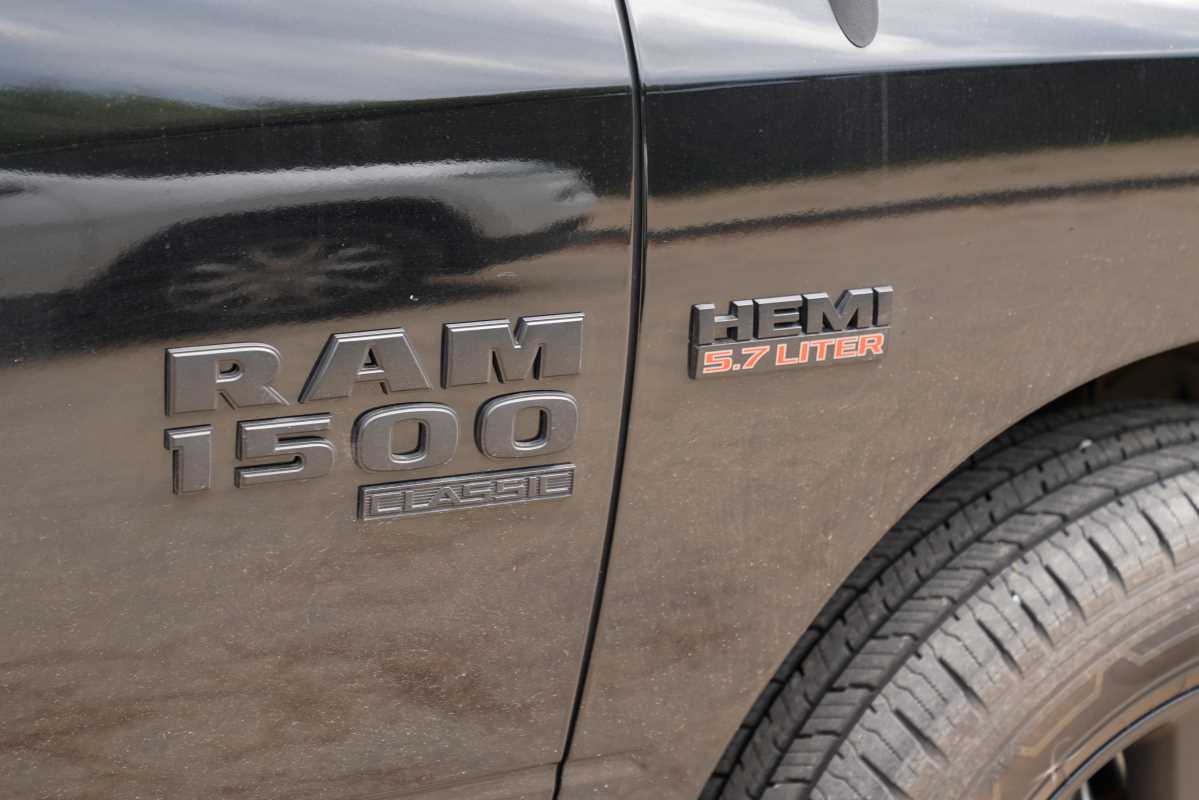The BMW 3 Series has long been celebrated as the benchmark for sport sedans, offering a thrilling driving experience, timeless design, and a premium feel. This reputation makes a used 3 Series an incredibly tempting option for enthusiasts and daily drivers alike. You get the prestige and performance of a legendary car at a much more accessible price point. Before you start your search, it's so important to go in with a clear understanding of what ownership truly entails. This guide is here to help you do just that. We'll walk you through the key things you need to know, from common maintenance needs to specific model years, so you can make a confident and informed decision.
The Allure of the Ultimate Driving Machine
There's a reason the BMW 3 Series is one of the most desired used luxury cars on the market. It offers a combination of attributes that few other vehicles can match, making it a compelling choice for anyone who loves to drive. Let's look at what makes it so special.
Unmatched Driving Dynamics
At its core, the 3 Series is built for the driver. It's famous for its near-perfect 50/50 weight distribution, which provides exceptional balance and agility. The rear-wheel-drive layout delivers a pure, engaging handling experience that is both responsive and fun. Steering is typically sharp and communicative, giving you a direct connection to the road. This focus on performance creates a car that feels just as at home on a winding country road as it does during a daily commute. It’s a car that makes every drive feel like an event.
Timeless Design and Premium Interior
BMW has mastered a clean, athletic design that ages gracefully. A well-maintained 3 Series from five or even ten years ago can still look modern and sophisticated today. Inside, you'll find a driver-focused cockpit crafted with high-quality materials. The controls are laid out intuitively, and the seats are known for being supportive and comfortable, especially on long journeys. This combination of exterior style and interior refinement creates a premium atmosphere that elevates the entire ownership experience.
The Reality of Ownership: Costs and Maintenance
While the driving experience is fantastic, owning a German luxury car requires a different mindset and budget than owning a mainstream vehicle. This is the most crucial part to understand before you buy. Preventative maintenance is your best friend when it comes to keeping a 3 Series running smoothly and avoiding major repair bills.
Higher-Than-Average Maintenance Costs
Parts and labor for a BMW are generally more expensive than for non-luxury brands. These cars are built with complex engineering and specialized components that require skilled technicians. An oil change, for example, will cost more than it would for a Toyota or Honda because it requires specific synthetic oil and a high-quality filter. Brakes, tires, and other routine wear-and-tear items also come at a premium. It’s a great idea to set aside a dedicated maintenance fund of $1,500 to $2,500 per year to cover these expected costs.
The Importance of a Pre-Purchase Inspection (PPI)
We can't stress this enough: always get a pre-purchase inspection from an independent mechanic who specializes in BMWs or European cars. This is the single most important step you can take. A thorough PPI will cost a few hundred dollars but can save you thousands in the long run. The mechanic will check for common issues, look for signs of past accidents or neglect, and give you a clear picture of the car’s health. This inspection report is an invaluable tool for deciding whether to buy the car or walk away.
Common Issues to Watch For Across Generations
Like any car, the BMW 3 Series has some well-documented common issues that tend to appear as the miles add up. Being aware of these potential problems will help you ask the right questions and know what to look for during your inspection.
Oil Leaks from Gaskets
This is one of the most frequent issues found on many BMW engines. Over time, rubber gaskets and seals can become brittle and start to leak oil. The most common culprits are the valve cover gasket, oil filter housing gasket, and oil pan gasket. While the parts themselves are not overly expensive, the labor to replace them can be significant, especially for the oil pan gasket. Look for signs of oil residue on the engine or drips on the ground under the car.
Cooling System Failures
The cooling systems in many 3 Series models use plastic components that can become brittle and fail with age. The water pump and thermostat are particularly common failure points. A sudden failure of either of these parts can cause the engine to overheat, potentially leading to catastrophic engine damage. It's often recommended to proactively replace the water pump and thermostat around the 60,000 to 80,000-mile mark as preventative maintenance.
Electrical and Sensor Issues
Modern BMWs are packed with advanced electronics and sensors. While these provide great features, they can also be a source of problems. Issues can range from faulty window regulators to failing wheel speed sensors that can disable your traction control and ABS. A good mechanic will use a specialized scanner to check for any stored fault codes in the car's computer system during the PPI.
Which 3 Series Generation Is Right for You?
The "best" used 3 Series really depends on your budget and what you're looking for. Here’s a quick guide to some of the most popular recent generations.
E90 Generation (2006-2011)
The E90 is often praised for its excellent hydraulic steering feel and naturally aspirated inline-six engines (like the N52 in the 328i), which are known for their smoothness and reliability. This generation offers a fantastic analogue driving experience. The turbocharged 335i model with the N54 engine is incredibly powerful but requires more diligent maintenance, particularly for its high-pressure fuel pump and turbochargers.
F30 Generation (2012-2018)
The F30 generation introduced turbocharged four-cylinder engines as the base powertrain, offering a great balance of power and fuel efficiency. These models feel more modern, with updated technology and a slightly more comfortable ride. While the electronic steering is less communicative than the E90’s, the F30 is still a wonderfully balanced and capable sport sedan. The B48 four-cylinder and B58 six-cylinder engines found in later F30 models are regarded as very reliable.
